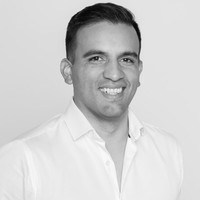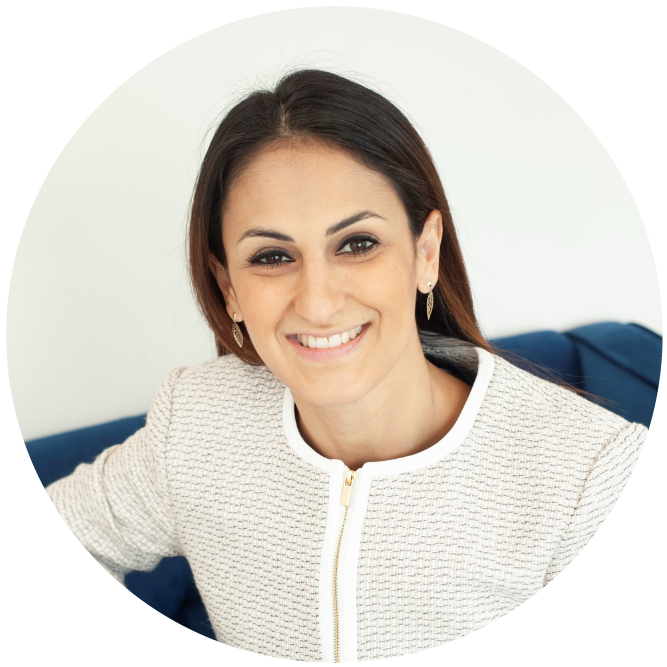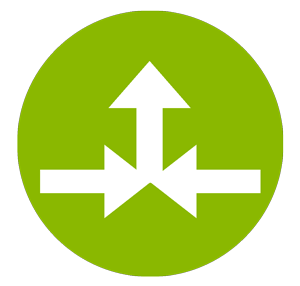Tom is brilliant, wouldn't hesitate to recommend him and will be working with him ongoing.

Tom digs deeper to understand root causes and not only talks about agility but truly lives it. A true professional and a pleasure to work with.

Tom is one of the best learning professionals I have worked with over the years.


About Tom Palmer
Tom has been working in the learning and organizational development space since 2009 as a learning experience designer, performance consultant and capability coach. He has worked with a wide variety of teams from fast-growth Inc 5000 brands, ivy-league university faculty, large non-profits, and leading global companies including JPMorgan, Heineken, Takeda Pharmaceuticals, MolsonCoors, Vale, Wesfarmers, and Signify (Philips Lighting).


